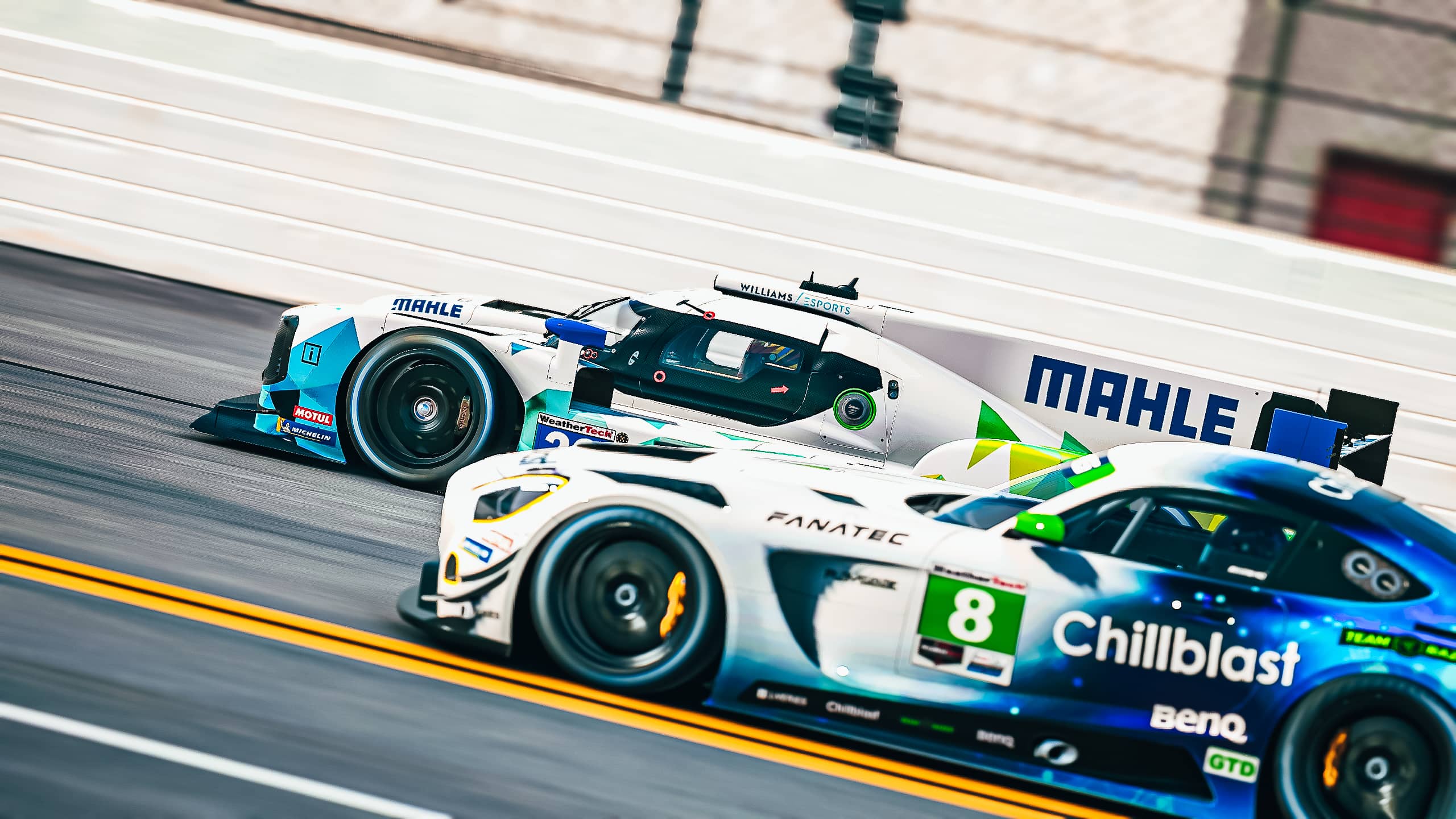Over the last few weeks, prominent esports drivers have been accused of cheating. We at SimRacingInfo.com do not tolerate cheating in sim racing or any other gaming genre. This article isn't about who has been accused of cheating or who we think is cheating. We will discuss what may have caused this cheating issue and what can be done to eliminate it or at least reduce it to a minimum.
Why now?
Sim racing has always been a niche genre within gaming, with First Person Shooters (FPS), Multiplayer Online Battle Arena and Battle Royale games generally hogging the limelight. However, the COVID-19 lockdown triggered a massive wave of interest in sim racing. Real-world racing that was sitting at home could race in live broadcasted officially sanctioned events with large viewerships.
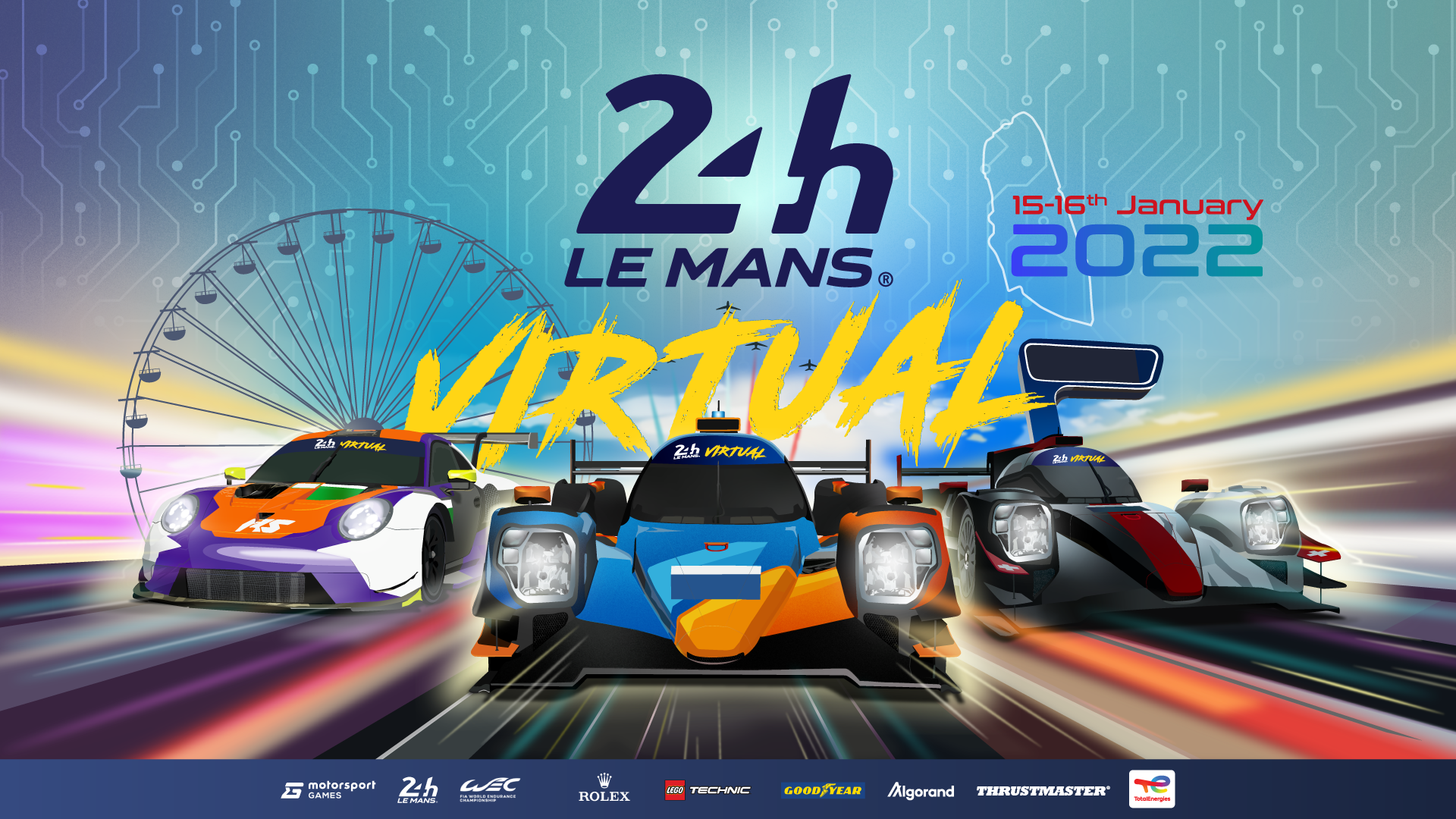
Not long after, the market was flooded with new sim racing hardware and esports events were marketed alongside the real-world counterparts featuring big names in motorsports coupled with prize monies we'd never seen before.
This prize money is what we think is the crux of the matter. Cheating has always been part of sim racing, but it was a minor issue with the odd story of a cheater being kicked out of a league, and that was about it. Now, with so much money on the line, the pressure to win has never been higher.
What are the cheaters actually doing?
There are mainly two issues with cheating: Exploits and hacks.
Exploits are essentially bugs or loopholes within a racing sim that a driver or team will use to their advantage that may not be in the spirit of competition but doesn't actually break any rules. One example was the recent iRacing "grass dipping" saga, where drivers place two wheels on the grass to help cool their tyres. Exploits are easily rectified by the relevant developer patching the exploit.
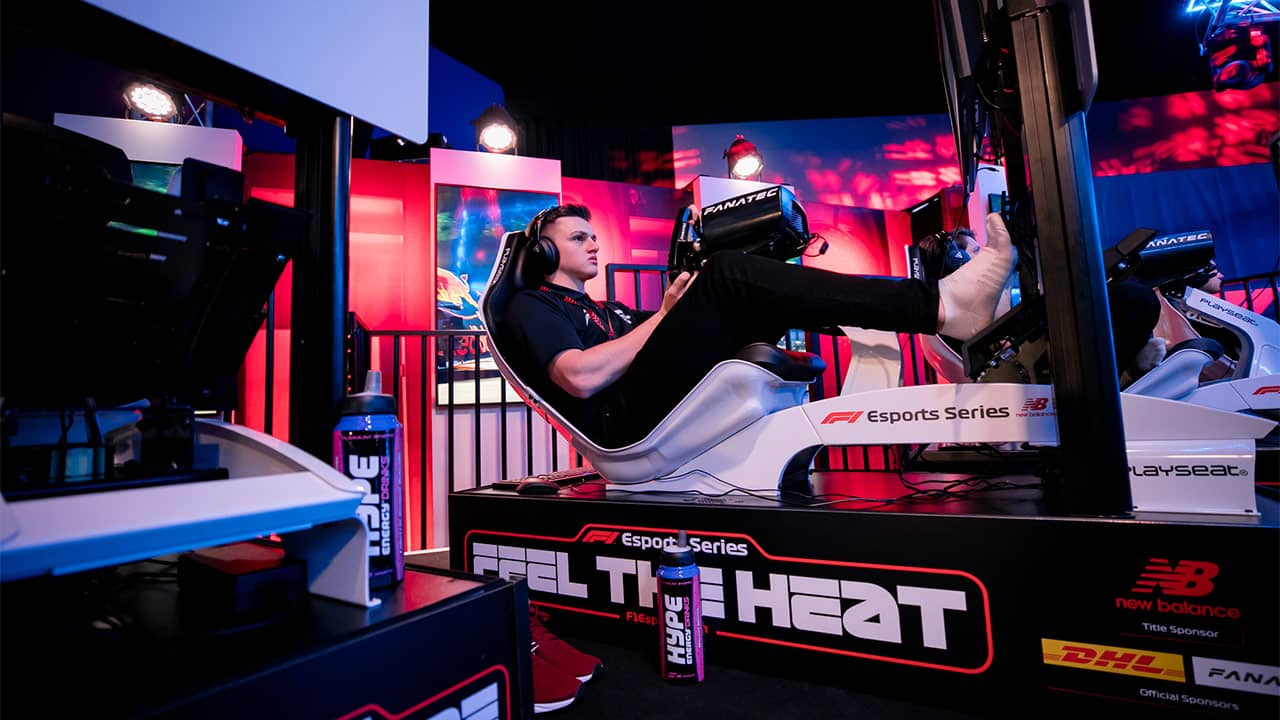
Hacking, on the other hand, is entirely different. Drivers use custom-made software to modify the files of the racing sim to gain a speed advantage by slightly increasing grip levels or engine performance. These hacks are essentially undetectable and, if used carefully, are more or less unnoticeable.
For example, a quick driver can make a tiny adjustment to increase their lap time by two-tenths of a second and take a pole or maybe P2, and since they're already quite good, this improvement may go undetected for months.
What can be done?
We mentioned FPS games earlier, and Counter-Strike: Global Offensive (CSGO is one of the biggest esports games and one of the most played multiplayer games in the world. However, it's riddled with cheaters that eventually get banned but make a new account and start playing again. CSGO doesn't have a proper, dedicated anti-cheat and is mainly self-policed via the community-driven Overwatch program and a "machine learning" algorithm that's largely ineffective.
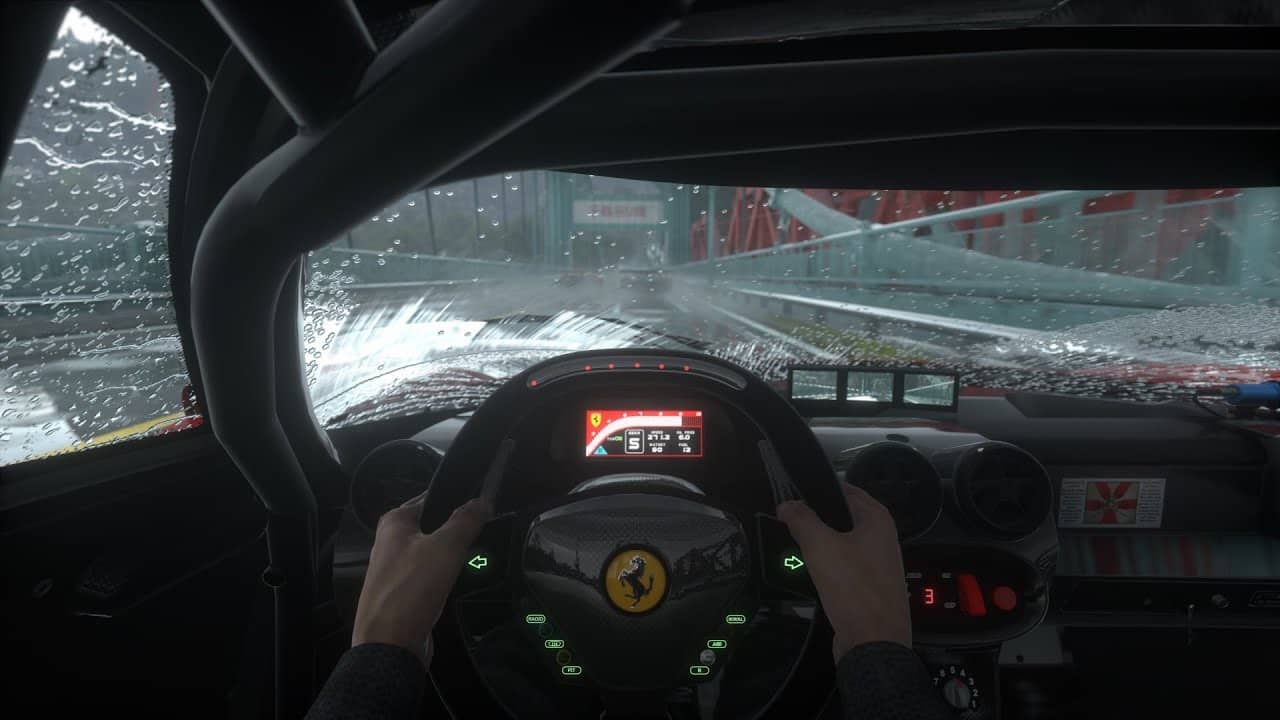
This is the main issue with the EA/Codemasters F1 games and Assetto Corsa Competizione (ACC). We think a quick way to reduce cheating in these two titles is to introduce proper anti-cheat software similar to iRacing uses. This will eliminate the central portion of cheaters and reduce the overall footprint of cheaters to a much lower level. They can also implement IP address blocking for confirmed cheaters and hardware blocks to prevent a cheater from re-acquiring the game and starting again on the same computer.
What we think, however, has the most potential to reduce cheating in sim racing is identifying cheaters and promulgating it across the community. Sim racers that cheat must be named and shamed. It's pointless issuing a press release stating that a driver has been released from their contract with no good reason. It will be bad for the sport initially, but it will be worth it in the long run.
Final thoughts
We're huge fans of sim racing and hate seeing it being brought into disrepute.
We also don't appreciate YouTube videos that accuse someone of cheating but at the same time state that they're only providing evidence and not saying that someone is cheating. This only fuels the fire and makes the accused person a target without them being given a fair chance to defend themselves. The same goes for posting random clips on social media that only create a stir but no action.
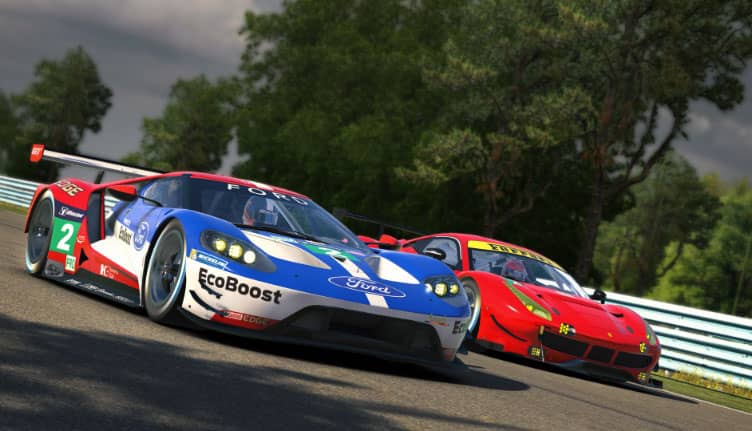
However, once someone has been confirmed as a cheater, they must be identified clearly and never allowed to compete again. There are cheaters in every sport, be it cycling, running, cricket etc., but we don't need this in sim racing. Now is the time to root it out, and the developers and organisers need to act.

